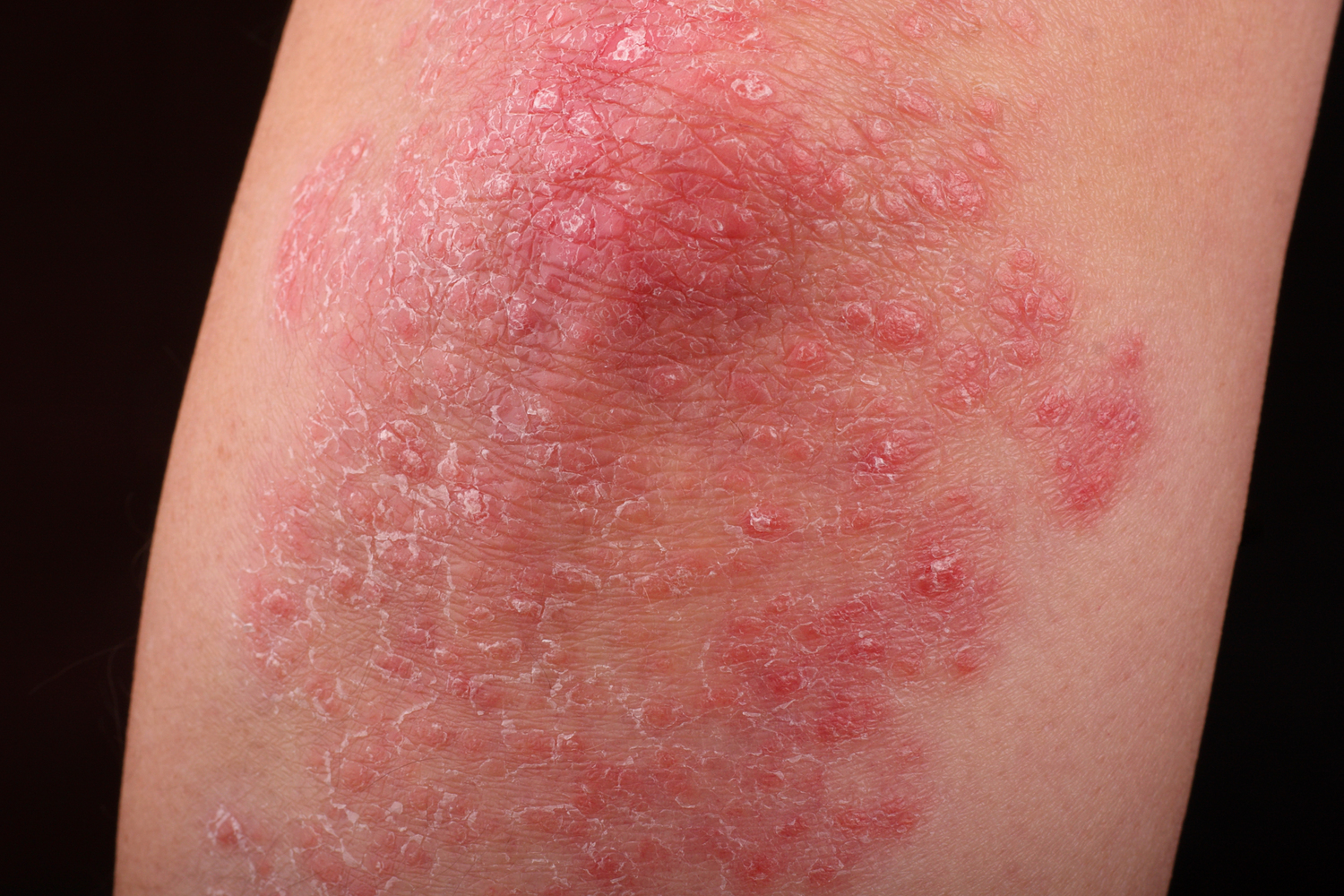
6 Health Conditions Linked to Psoriasis
Psoriasis is a chronic autoimmune disease that affects the skin, causing it to become red, scaly, and itchy. Although the exact cause of psoriasis is unknown, researchers believe genetic and environmental factors may trigger it. One of the most significant risk factors associated with psoriasis is inflammation, which can lead to various health conditions. Additionally, the insulin response associated with psoriasis may contribute to the development of certain health conditions. In this listicle, we’ll explore six health conditions linked to psoriasis:
1. Psoriatic arthritis
Psoriatic arthritis is a type of arthritis that affects some people with psoriasis. The condition causes joint pain, stiffness, and swelling, leading to permanent joint damage if left untreated. The inflammation associated with psoriasis can also affect the joints, leading to the development of the disease. Treatment options for psoriatic arthritis include medications such as Tremfya, Skyrizi, Stelara, Cosentyx, Xeljanx, Otezla, Ilumya tildrakizumab, gene therapy, and Rituximab.
2. Chronic obstructive pulmonary disease (COPD)
COPD is a chronic lung disease that makes it difficult to breathe. It is characterized by shortness of breath, wheezing, coughing, and chest tightness. People with psoriasis are at higher risk of developing COPD, possibly due to the chronic inflammation associated with both conditions. Smoking, a risk factor for psoriasis and COPD, can also contribute to developing the disease. Treatment for COPD may include medications, such as bronchodilators, steroids, antibiotics, and lifestyle changes, such as quitting smoking.
3. Lymphoma
Lymphoma is cancer affecting the lymphatic system responsible for fighting infections. The disease occurs when abnormal lymphocytes grow uncontrollably, eventually forming tumors that can spread to other body parts. People with psoriasis may be at higher risk of developing lymphoma, possibly due to the chronic inflammation associated with the condition. Treatment options for the disease include chemotherapy, radiation therapy, and stem cell transplantation.
4. Polycystic ovarian Syndrome (PCOS)
PCOS is a hormonal disorder that affects women, characterized by multiple cysts on the ovaries, which can cause various symptoms, including irregular periods, acne, excess hair growth, and weight gain. Women with psoriasis may be at higher risk of developing PCOS, possibly due to the insulin resistance associated with both conditions. Treatment options for PCOS include lifestyle changes, such as exercise and diet modifications, as well as medications, such as birth control pills and metformin.
5. Depression
Depression is a common mental health condition that can affect anyone. It is characterized by persistent sadness, hopelessness, and a loss of interest in previously enjoyed activities. The state can significantly impact an individual’s ability to function daily, leading to social isolation, difficulties with relationships, and decreased productivity. However, people with psoriasis may be at higher risk of developing the condition, possibly due to its impact on their quality of life. Treatment options for depression include medications, such as antidepressants, and therapy, such as cognitive-behavioral therapy.
6. Cardiovascular disease
Heart disease is a range of conditions that affect the heart, including coronary artery disease, heart attacks, and heart failure. It occurs when the blood vessels that supply blood to the heart become narrow or blocked, reducing blood flow and oxygen to the heart muscle. This can lead to chest pain, heart attacks, or even heart failure, which can be life-threatening. People with psoriasis are at higher risk of developing heart disease, possibly due to the chronic inflammation associated with the condition. Treatment options for the disease may include lifestyle changes, such as exercise and diet modifications, as well as medications, such as statins and blood thinners.
Individuals with psoriasis may be at higher risk of developing various health conditions due to the chronic inflammation and insulin response associated with the disease. It’s essential for people with psoriasis to work closely with their healthcare providers to manage their condition effectively and reduce their risk of developing these health conditions. Depending on the specific situation and individual needs, treatment options for these conditions may include medications, lifestyle changes, and therapy.



